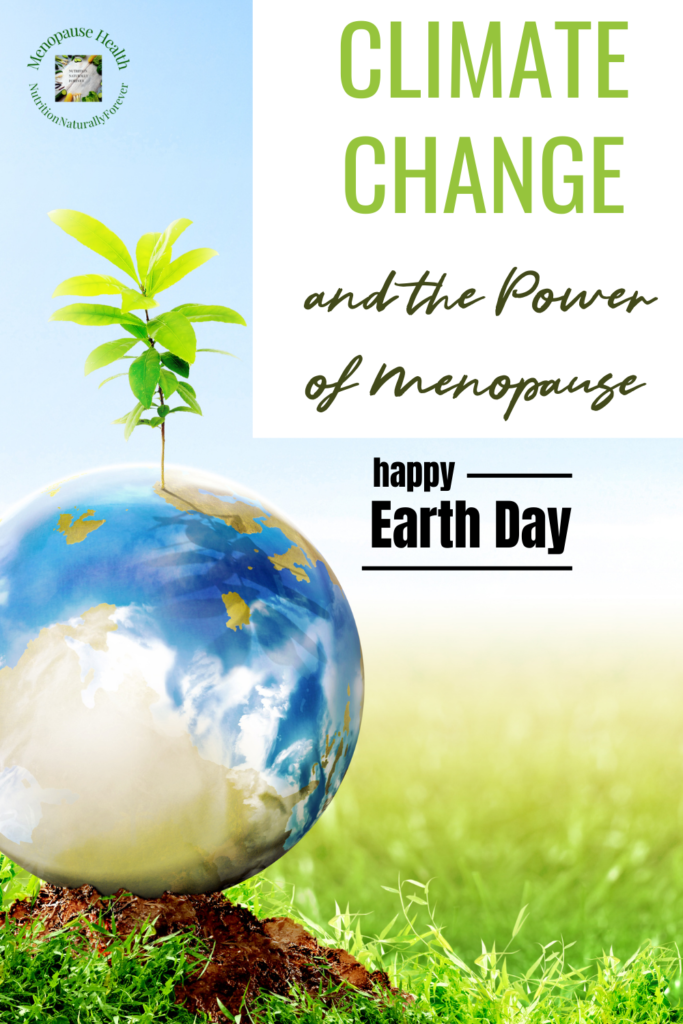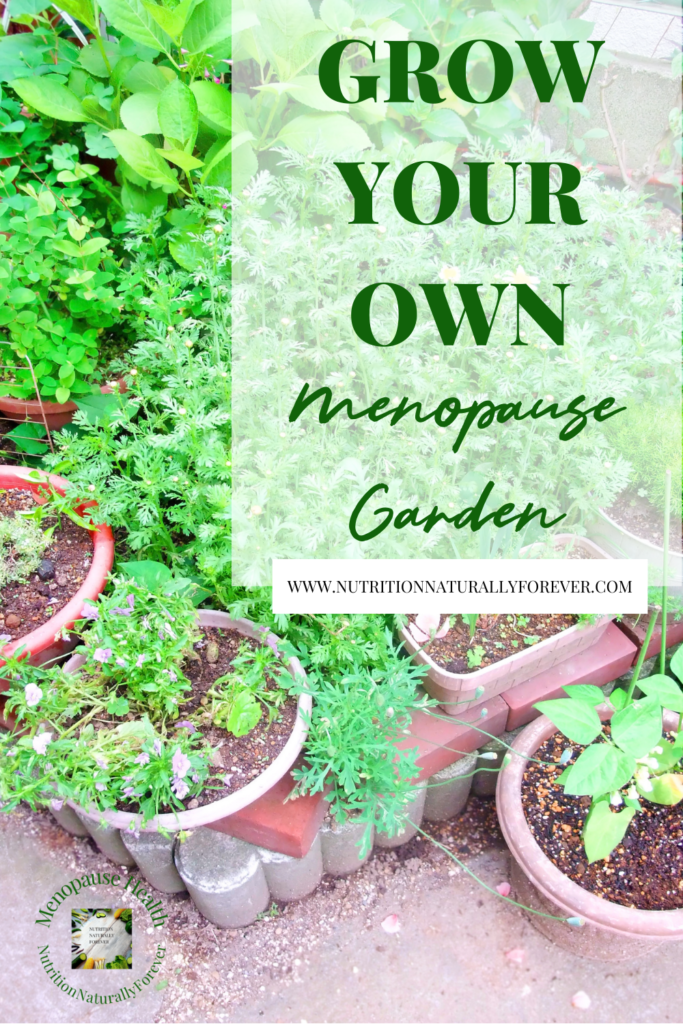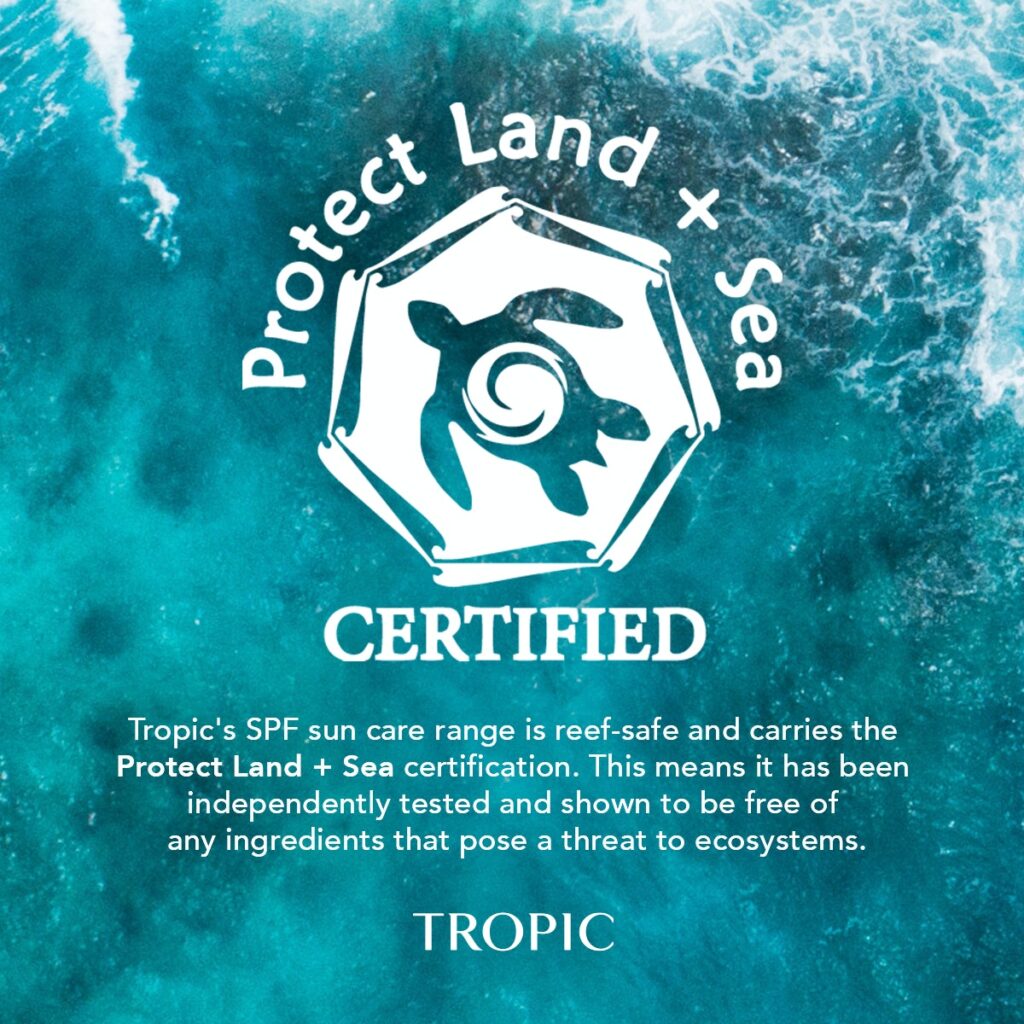
Why Does Climate Change Matter? (Earth Day 2024). This post was previously titled Climate Change and the Power of Menopause.
Monday 22nd April 2024 is the 54th annual Earth Day.
- What is Earth Day Why do we celebrate it?
- Who started Earth Day and why?
- What has it got to do with menopause?
In this post, I will answer all these questions and give you my top tips to support you in keeping yourself and our planet happy and healthy.
What is Earth Day?
The first Earth Day was held on April 22, 1970, when San Francisco activist John McConnell and Wisconsin Senator Gaylord Nelson separately asked Americans to join in a grassroots demonstration.
Dealing with dangerously serious issues concerning toxic drinking water, air pollution, and the effects of pesticides, 20 million Americans ventured outdoors and protested together.
Following this, the Environmental Protection Agency was created and was responsible for laws including the Clean Air Act, the Clean Water Act, and the Endangered Species Act.
Today Earth Day is meant to increase awareness of environmental issues such as the increase in global temperatures, extreme weather events and the negative effects this is having on food production and water quality.
This awareness day is also becoming a popular time for many communities to gather together to clean up litter, plant trees, or simply reflect on the beauty of nature.
The official theme for 2024 is Planet vs. Plastics.
What Has Climate Change Got to Do with Menopause?
Since the industrial revolution human activities have increased greenhouse gases produced by the burning of fossil fuels carbon dioxide, methane, and nitrous oxide.
If you don’t think about the planet, the impact of the changing climate and how you live on the planet then you may not think it will impact your menopause journey a great deal.
However, if you do worry about issues facing the planet such as global warming, rising sea levels and our responsibility to nature for future generations then the issue of climate change could be causing you additional stress.
Many of our everyday choices have a personal and global effect on climate change and the hormone turbulence experienced through menopause, from the products we clean our homes with or put on our skin to the foods we choose at the supermarket and what we do with our rubbish.
During menopause, as our estrogen declines our wrath and rage can rise.
Your internal bull-shit meter is turned on or up.
You can see clearly what is going wrong in society.
Menopause is a time of transformation, a time to shed everything in your life that you no longer align with.
You can channel your wrath and rage into causes that will allow you to have a positive impact on the world.
The objective of the United Nations is to limit global warming to 1.5°C, greenhouse gas emissions must peak before 2025 at the latest and decline 43% by 2030.
Reading this statement can feel overwhelming, how is this going to happen when many of the solutions being offered around renewable energy sources have further long-term implications?
My advice is to focus on your lifestyle and ask yourself how can you reduce your carbon footprint.
Healthy Planet, Healthy Menopause
Menopause is not an illness that needs to be cured, it is a natural stage of life, a bit like the bookend to puberty.
Yes, it can come with symptoms which can be extremely disruptive to life but if we can channel our energy into healing our planet, the actions we take can also heal ourselves and turn our menopause journey into a truly transformational time.
Wake up your inner warrior and embrace Earth Day today and beyond to start leaving your positive mark on the world.
Here are my top tips to support your menopause health and climate change.

Create a Menopause Garden
Discover the benefits of creating a menopause garden HERE.
Taking on a small garden project can help take your mind off things that are bothering you in your life, lower stress and bring a sense of calm and control.
Urban areas are increasing as society makes way for growing communities. Many natural habitats are being built upon leaving wildlife without a home.
You can support local wildlife by creating areas in your garden where they can find respite such as a wildflower garden and use plants native to the UK to support pollinators and provide homes for local wildlife.
Grow a tree. The shade that trees provide can help lower the temperature of the earth and provide a nice shady spot for you to cool off.
Stop using chemical fertilisers and weed killers as well as slug pellets, these can harm the wildlife that eat these pests and also enter our water supplies.
A great non-toxic weed killer is a mixture of vinegar, table salt and a squirt of washing-up liquid (eco-friendly of course!) to help everything mix together. Spread where you want to get rid of weeds.
Organic liquid seaweed is a great all-around plant feed as well as using items such as banana skins and eggs shells to provide essential nutrients in the soil.
Conserve water. Using a water butt to collect rainwater or different small pots dotted around the garden that you can tip over plants when natural water availability is low, they also made great bird baths.
You can also use self-watering spikes that attach to water bottles (perfect for recycling) and top these up when needed for a drip feed of water.
Walk with Purpose
While out and about or walking in the countryside take a bag and pick up any plastic rubbish you see.
Plastic is harmful to wildlife and the chemicals can permeate our soil and water supply.
Unsure of how which plastics can be recycled, check out this table.
I always find it good for mental health to get out into the natural world.
Thinking about all the negative effects of climate change might make you feel hopeless and question the point of your actions. However, young people need to follow our lead so they can have a positive impact on climate change in the coming years.

Upgrade Your Products
All drains lead to the ocean.
Finding Nemo
Climate change impacts ocean temperatures.
Marine ecosystems are very delicate and are seeing the worst impacts of climate change.
The EPA states that “As greenhouse gases trap more energy from the sun, the oceans are absorbing more heat, resulting in an increase in sea surface temperatures”.
In recent years the increase in household chemicals is contributing to climate change and the declining health of our bodies.
Chemicals that enter your body can play havoc with your endocrine system and put additional pressure on your liver.
This can lead to increased hormone disruption and fat storage, two things most menopausal women want to avoid!
Think about the cleaning and personal care products you use around the house, in your washing machine, sink, bath, shower, toilet…
All these chemicals enter your body through your lungs or skin and exit by flowing down the drain into the environment.
With a bit of thought and effort, you can make changes to the products you use, whether using natural products around the home such as lemon, vinegar and bicarbonate of soda or choosing an alternative more eco-friendly product.
Your skin is your largest organ and the best thing you can do for your menopause health is to choose non-toxic products.
Again there are so many simple things you can do such as using jojoba oil, and essential oils or choosing to use a company that sources non-toxic products ethically such as Tropic Skincare. (This is an affiliate link, I am an ambassador for Tropic, I use the products and always recommend them to my clients 
Think about your Food-Print
Eating local and in-season food is something I teach in my programs.
There are so many benefits for your body and the planet, and one of these is food miles.
Where in the world does your food come from?
We are spoiled these days and have access to fresh fruit and vegetables all year round.
Gone is the ‘hungry gap’ between April and May when winter crops are depleted and the spring sowings are not ready to harvest.
Shipping fresh produce around the world usually means it has to be picked before it is ripe, this reduces the nutritional value of the food.
The miles that this produce travels increases its carbon footprint and damage to the planet.
How much fresh produce do you waste each week? I know I am guilty of this but try to reduce my waste by;
- Meal planning and only buying what I need.
- Batch cooking soups and sauces with fresh food about to turn
- Growing salad leaves and herbs so I can harvest only what I need
- Composting what is too far gone to repurpose in the garden eventually
Find your local farmers market and support local businesses while reducing your carbon footprint and nourishing your body.
Reduce Your Plastic Use
In line with this year’s theme, Planet v’s Plastics, I wanted to share with you some horrifying plastic facts.
A 2022 study published by Environmental Pollution, conducted across 29 countries and in 108 homes, collected data on the types of microplastics found inside dust samples.
Of the total dust discovered in these households, scientists recorded the following percentages of synthetic polymer fibres:
- Polyester 9.1% typically used in clothing
- Polyamide 7.7% typically used in textiles
- Polyvinyls 5.8% typically used in floor varnishes
- Polyurethane 4.4% typically used in coatings on furniture
- Polyethylene 3.6% typically used in food containers/reusable bags
So how is plastic made?
The primary ingredient in most plastics is derived from petroleum: oil, natural gas, or coal. This means the fossil fuel companies who helped create the climate crisis are now helping to create the plastics crisis too.
The endocrine system describes a series of interconnected glands and organs working together within your body to manage metabolism, reproduction, development, and mood, essentially they ensure your body is working properly.
Microplastics often contain what are called Endocrine-Disrupting Chemicals (EDCs), which disrupt or imitate hormones within our bodies and can be linked to a large array of health issues.
Diseases related to endocrine disruptors and our hormone system include Autism Spectrum Disorder(ASD), attention deficit hyperactivity disorder, obesity, Type 2 diabetes, infertility, and cancers sensitive to hormone changes.
Many of the additive chemicals used in the production of plastic are considered endocrine disruptors, such as BPA. Nearly all of us are being exposed to varying amounts of microplastic.
To diminish the volume of microplastics, it is best to address the problem at its source, upstream, and to take action to drastically limit the production of plastic worldwide.
While effective waste management, recycling, and monitoring are all part of the downstream process and hugely important, without focused upstream action, plastics and microplastics will continue to flood our environment, homes, and our bodies.
EARTHDAY.ORG is calling for a 60% reduction in plastic production by 2040. Read the full report HERE.
You have the Power
There are many more ways to have a positive impact on climate change such as switching to clean energy providers, reducing the amount of water used around your home to prevent water shortages and growing your own produce to provide food security.
As one of the billions of people living on the earth’s surface, you might not think that your small actions will make any difference.
I am here to tell you that you have the power.
Small changes add up.
You can pass your influence on to those around you.
Consumer power is a real thing, vote with your wallet.
Happy Earth Day
Book A Wild Well-Being Call
Every menopause journey, set of symptoms and individual lifestyle is unique. Discover my SHIFT System and understand how to work with your body through menopause and beyond to achieve your well-being goals.
Book a free, no-obligation call with me and come away feeling inspired and motivated to take control of your menopause health whether you choose to work with me or not.
Menopause is only the end of your reproductive years.
Step into the full power of your Wise Woman years with confidence so that you can embrace your post menopause years with purpose.
I can’t wait to chat with you

